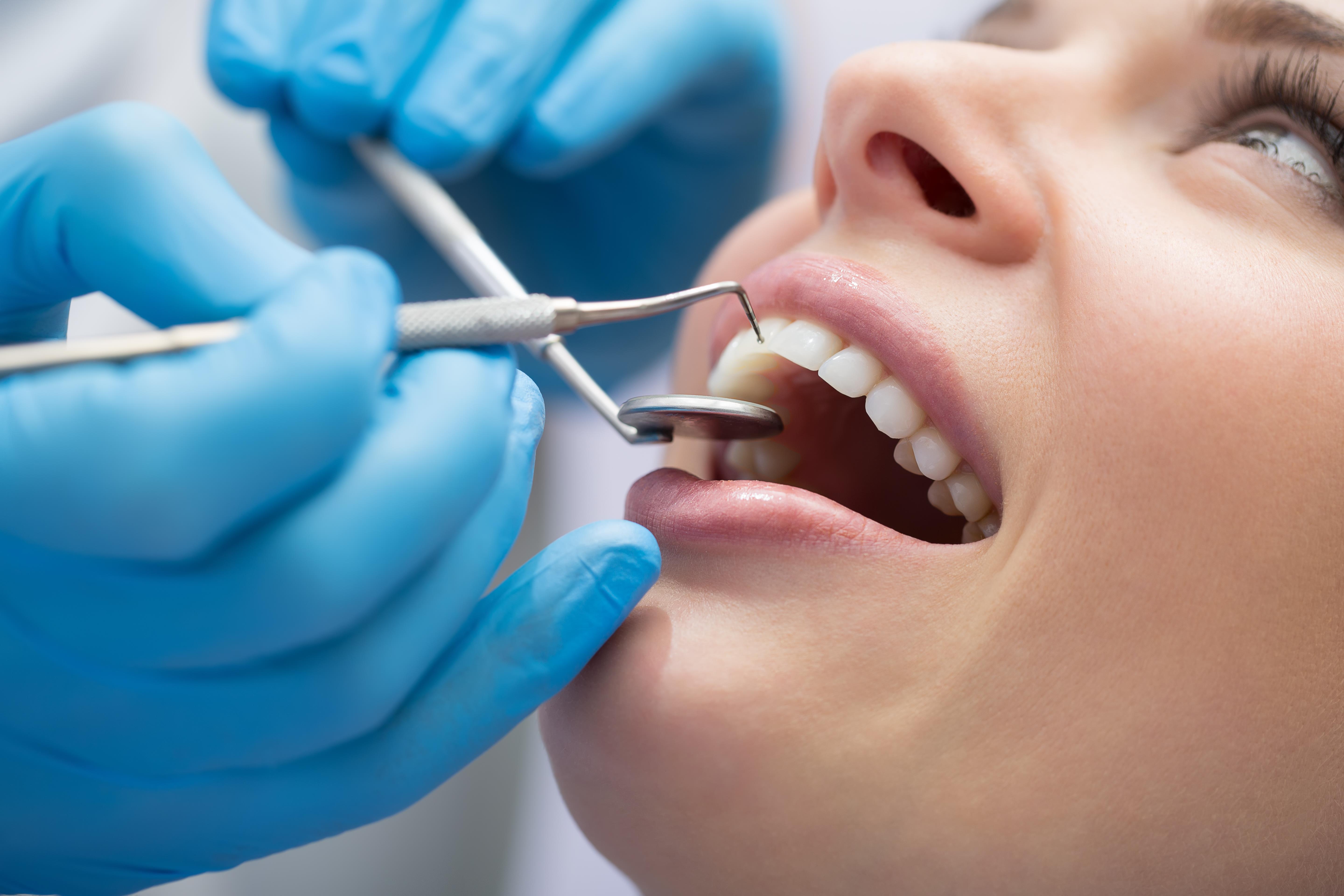Discover Regular Dental Worries Your Dental Professional Can Settle
Comprehending constant oral concerns is crucial for preserving optimum dental health. Concerns such as cavities, gum tissue condition, tooth sensitivity, poor breath, and dental cavity are common yet frequently overlooked till they come to be extreme. Dental professionals have the experience to identify and deal with these conditions, thus avoiding additional issues. Regular oral brows through and personalized treatment strategies can deal with these problems properly, making sure a healthier and brighter smile. What particular therapies do dentists use to battle these issues, and how can early intervention make a distinction? The responses to these concerns provide useful insights into protecting your dental health.
Cavities
Tooth cavities, additionally known as cavities, are a prevalent dental wellness problem caused by the demineralization of tooth enamel because of acid manufacturing from bacterial plaque. This procedure starts when bacteria in the mouth metabolize sugars and starches from food, creating acids that erode the enamel. Otherwise addressed promptly, this disintegration can pass through much deeper into the tooth, influencing the dentin and eventually the pulp, potentially causing severe pain and infection.
The beginning of tooth cavity development usually existing as white areas on the tooth surface, showing preliminary demineralization. As the procedure advances, these places can develop right into black or brown lesions, symbolizing extra comprehensive decay. Routine oral check-ups are important for early discovery, as dental caries in their nascent phases can be treated with remineralization methods, such as fluoride therapies.
Once a cavity has actually developed, restorative intervention is necessary. Dentists generally get rid of the decayed part of the tooth and fill the tooth cavity with products such as composite resin, amalgam, or ceramic. In extra serious cases, a crown or root canal therapy may be called for. Safety nets, consisting of good dental hygiene techniques and nutritional adjustments, play a pivotal role in alleviating the risk of cavities.
Gum Tissue Disease
While tooth cavities stand for a considerable worry for oral wellness, an additional crucial concern that requires interest is gum tissue disease. Additionally understood as periodontal condition, periodontal illness is an inflammatory condition affecting the cells surrounding and supporting the teeth. It is mostly triggered by the build-up of plaque-- a sticky film of bacteria that bases on teeth.
Gum disease advances with phases, beginning with gingivitis, characterized by redness, swelling, and hemorrhaging gums (dentist eugene or). If left unattended, gingivitis can escalate to periodontitis, where the internal layer of the gum and bone pull away from the teeth, developing pockets that become infected. With time, the toxic substances generated by the bacteria break down the bone and connective tissue that hold teeth in place, possibly causing tooth loss
Early discovery and therapy are essential. Professional oral cleanings and enhanced oral health techniques, such as brushing two times day-to-day and flossing, can manage gingivitis. For advanced stages, treatments might include scaling and root planing, antibiotics, or even surgical interventions.
Regular oral examinations play an essential duty in preventing and taking care of gum tissue illness. Dental practitioners can recognize very early indicators and suggest suitable interventions, ensuring the upkeep of healthy gum tissues and general dental health and wellness.
Tooth Level Of Sensitivity
Tooth sensitivity influences millions of individuals worldwide, presenting an usual yet commonly upsetting dental problem. This problem emerges when the enamel, the outermost safety layer of the teeth, is compromised, exposing the underlying dentin.
Several variables add to enamel disintegration and succeeding tooth sensitivity, consisting of aggressive cleaning, acidic foods and drinks, gum tissue economic downturn, and bruxism (teeth grinding) In addition, oral procedures such as teeth bleaching can briefly heighten sensitivity.
Foul Breath
One more common dental worry that impacts individuals' day-to-days live misbehaves breath, clinically termed halitosis. This problem can be especially traumatic, impacting individual interactions and self-confidence. Bad breath usually originates from poor dental health, which enables food discover here particles to continue to be in the mouth, promoting microbial growth. These bacteria create sulfur substances, resulting in unpleasant odors.

Recommendations may include enhancing oral health methods, such as normal cleaning and flossing, making use of anti-bacterial mouth washes, remaining hydrated, and dealing with any type of oral issues. Reliable administration of bad breath not just improves dental health and wellness but likewise considerably enhances top quality of life.
Dental Cavity

Preventing dental cavity includes a combination of excellent dental health practices and routine dental examinations. Brushing teeth a minimum of twice daily with fluoride tooth paste, flossing to get rid of plaque between teeth, and limiting the intake of sweet foods and drinks are important preventive measures. Fluoride therapies, dental sealants, and expert cleanings given by a dentist can also play a significant duty in fortifying enamel and preventing decay.
Dental practitioners can eliminate decayed tissue and restore the tooth with dental fillings made from products such as composite resin, amalgam, or porcelain. By dealing with tooth decay quickly, dental experts help preserve oral structure and function, making sure long-term dental wellness.
Final Thought
Dealing with common dental issues such as cavities, gum illness, tooth sensitivity, foul breath, and tooth decay is essential for keeping optimum oral wellness and total wellness. read this post here Dental professionals possess the knowledge to identify and treat these issues efficiently, making sure customized look after each person. Normal preventative steps and oral examinations are important in identifying and taking care of these concerns early, advertising a much healthier and a lot more certain smile over a life time.

Tooth decay, also recognized as oral cavities, occurs when the enamel, the outer layer of the tooth, is worn down by acids created by bacteria in the mouth. Brushing teeth at least two times daily with fluoride toothpaste, flossing to remove plaque between teeth, and restricting the intake of sweet foods and drinks are important precautionary steps.Resolving common oral issues such as cavities, periodontal disease, tooth level of sensitivity, poor breath, and tooth decay is critical for preserving optimal dental health and total wellness.